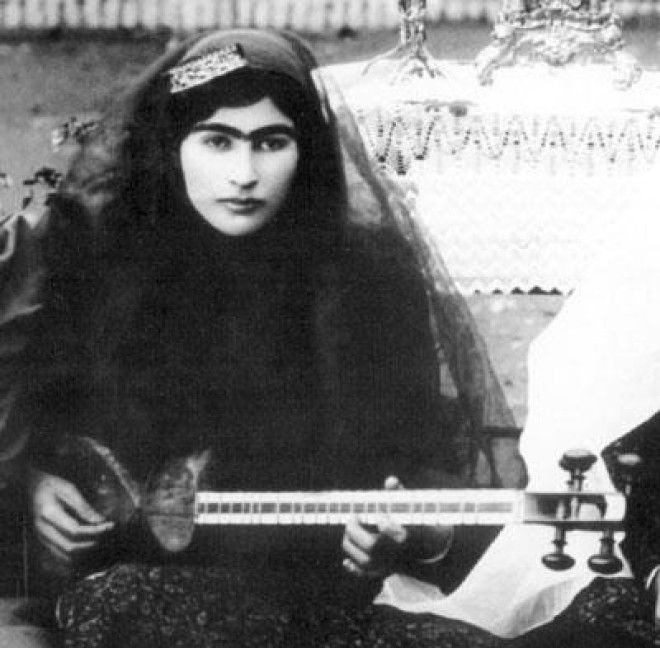
A story of Princess Qajar with Mustache
Princess Zahra Khanom Tadj es-Saltaneh or the princess of Qajar was the symbol of beauty in Iran not only because people considered her a beautiful woman but also because she was smart and outspoken. She was a feminist and a groundbreaker for women's rights in Persia.

Princess Qajar of Persia Beauty Symbol or Feminist Hero?
#AusafDigital #persia Princess Qajar was a royal lady who was considered "Symbol of Beauty". She was so attractive that 13 men claimed their own lives becaus.

Persian Princess Qajar Dynasty The Beauty Symbol in 19th Century
Share 22K views 3 years ago #PrincessQajar [ Princess Qajar ] Princess Fatemeh Khanum "Esmat al-Dowleh" was the princess of Persia, modern-day Iran. She was the daughter of King Nasir.

Persian Princess Qajar Dynasty The Beauty Symbol in 19th Century
The legendary "Princess Qajar" is actually a conflation of two 19th-century Persian royals — Fatemeh Khanum "Esmat al-Dowleh" and Zahra Khanum "Taj al-Saltaneh." Women's Worlds in Qajar Iran Photos of "Princess Qajar" have gone viral but they barely touch on the truth about this Persian princess. They say that a picture is worth a thousand words.

Persian Princess Qajar Dynasty The Beauty Symbol in 19th Century Prenses, Güzellik, Bıyıklar
Zahra Khanom or Taj al-Saltaneh (1884 - 25 January 1936; Persian: تاجالسلطنه) also known as Princess Qajar, was a princess of the Qajar dynasty, known as a feminist, a women's rights activist and a memoirist. She was the daughter of Naser al-Din Shah, the King of Persia from 1848 to May 1896.

13 Men Died for Her Love Pictures of Persian Princess, the Beauty Symbol in 19th Century
The woman memes call Princess Qajar is Zahra Khanom Tadj es-Saltaneh, and she was born in 1883. Her father was Naser al-Din Shah Qajar, the King of Persia. The Qajar Dynasty ruled over Iran from 1789 to 1925. Princess Qajar was extremely accomplished. She was a painter, writer, musician, intellectual, and activist .

Persian Princess Qajar Dynasty The Beauty Symbol in 19th Century
Zahra Khanom Tadj es-Saltaneh, also known as Princess Qajar, was born in 1884 to Naser al-Din Shah, the King of Persia from 1848 to May 1896. She was not only a princess of the Qajar dynasty but also a feminist, women's rights activist, and memoirist.
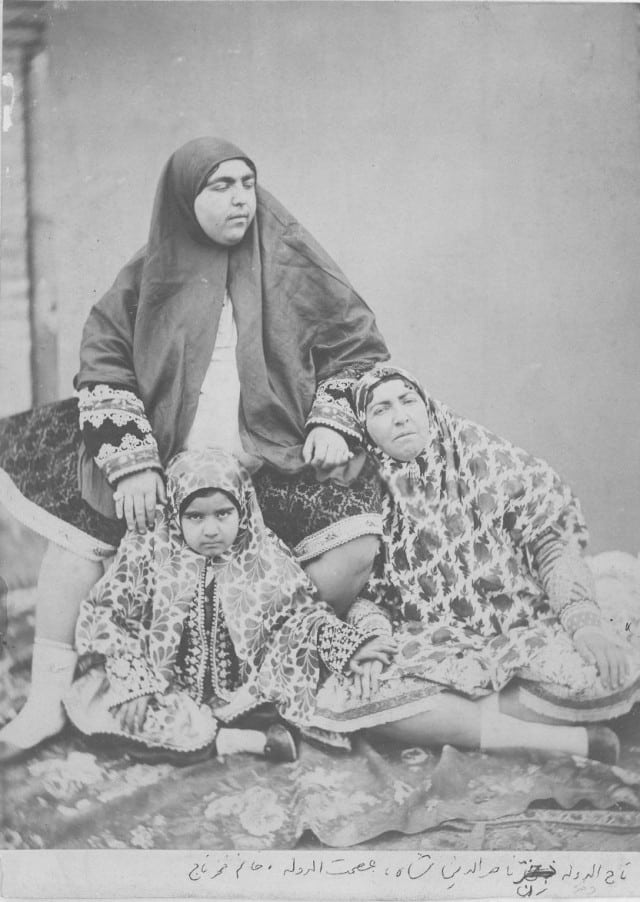
Princess Qajar of Persia Beauty Symbol or Feminist Hero?
Zahra Khanom Tadj es-Saltaneh (1883-1936) was a Persian princess and memoirist of the Qajar Dynasty, a daughter of Naser al-Din Shah, the King of Persia from 1843 to May 1896 by his wife Turan es-Saltaneh. She was married to Amir Hussein Khan Shoja'-al Saltaneh and had four children, two daughters and two sons. They later divorced.
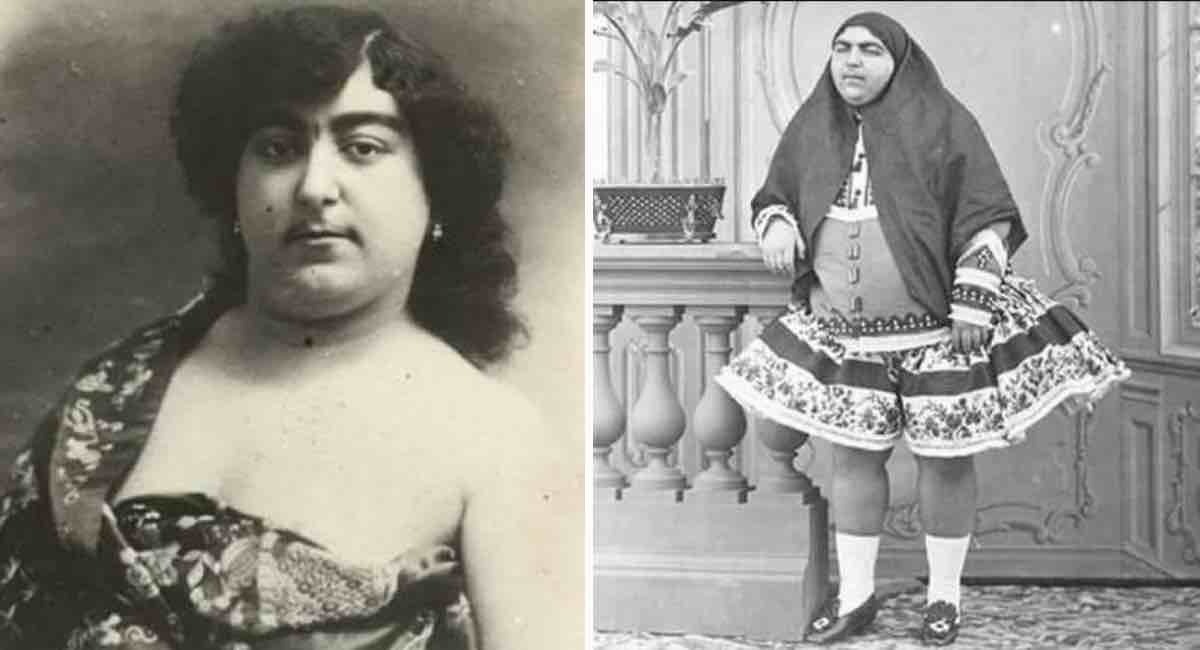
Princess Qajar An Iconic Beauty Symbol of Persia Wikye
This picture, along with an explanatory caption, claims to depict 'Princess Qajar'. In late 2017, the photo above began circulating the Internet. In it, a woman with long dark tresses, thick eyebrows and a downy mustache stands regally as she gets her portrait taken. A caption reads that this woman was "a symbol of beauty in Persia (Iran.
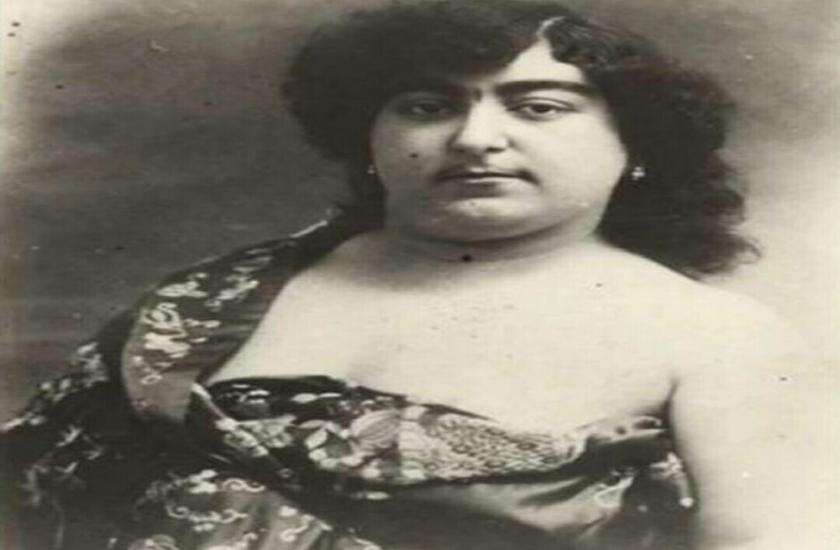
Princess Qajar Of Persia
Princess Qajar was a feminist, a women's rights activist, and a memoirist. Princess Qajar was the symbol of beauty in the 19th century Iran Princess Qajar was a well-educated, intellectual, free-spirited soul and beauty. Back in the day, poets wrote poems about the beauty of Princess Qajar.

Princess Qajar Of Persia
Princess Fatemeh Khanum, also known as 'Esmat al-Dowleh,' was the daughter of Nasir al-Din Shah Qajar, the King of Persia from 1848 to 1896. Esmat was the daughter of King Nasir and Taj al-Dowleh, one of his wives.
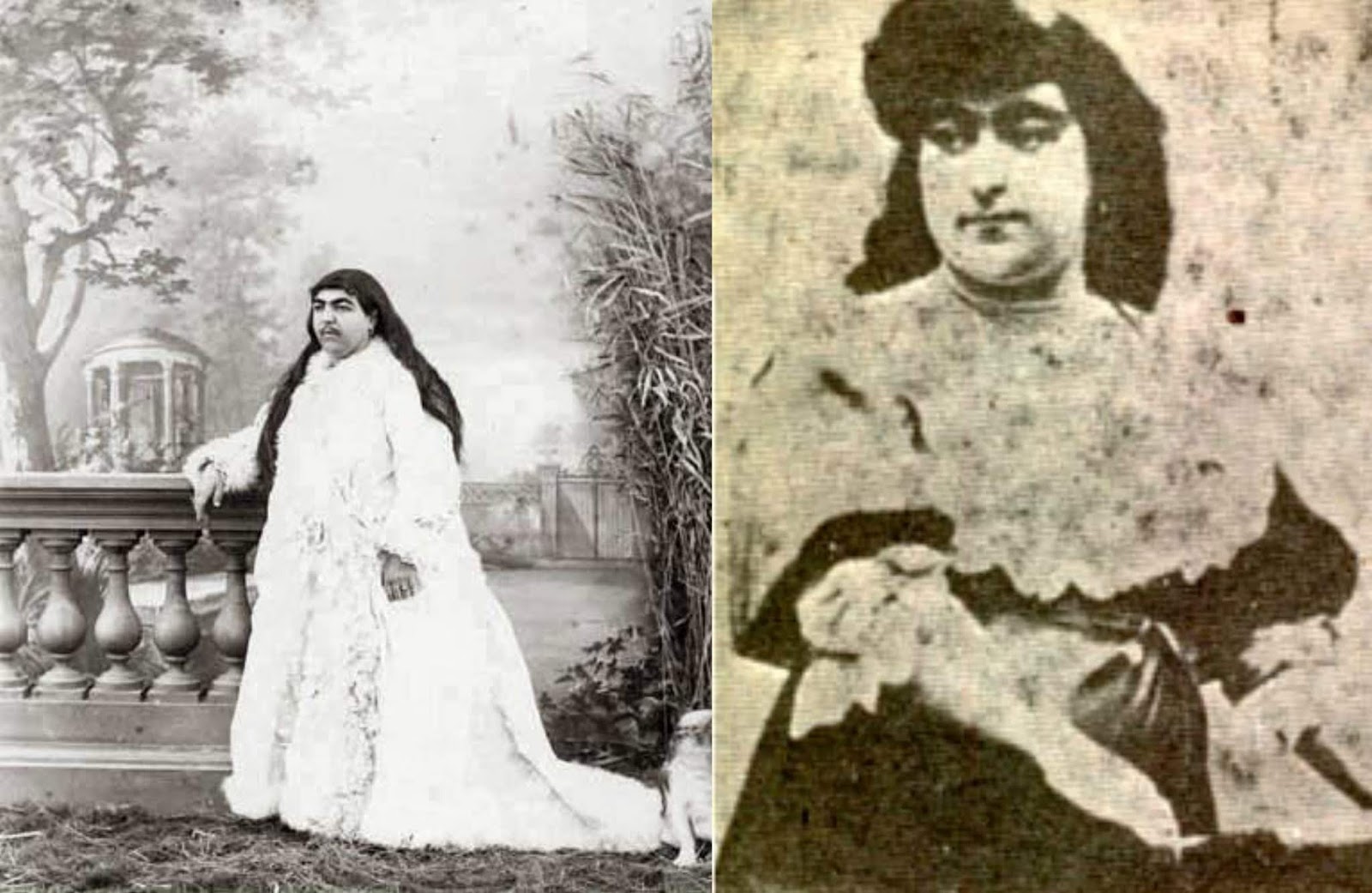
The Truth about “Princess Qajar,” the Royal Lady with the Mustache
The Qajar dynasty was an Iranian royal dynasty of Turkic origin, specifically from the Qajar tribe, ruling over Iran from 1789 to 1925.

Persian Princess Qajar Dynasty The Beauty Symbol in 19th Century
The story of Princess Qajar became a 21st Century meme, that was misconstrued from some ambiguous and fictitious information about a glorious era in the history of Persia (now Iran) during the 19 th Century. The fallacy circulated and expanded, and the story of a Princess Qajar (or rather two) grew wings and went viral. The Golden Years in Qajar
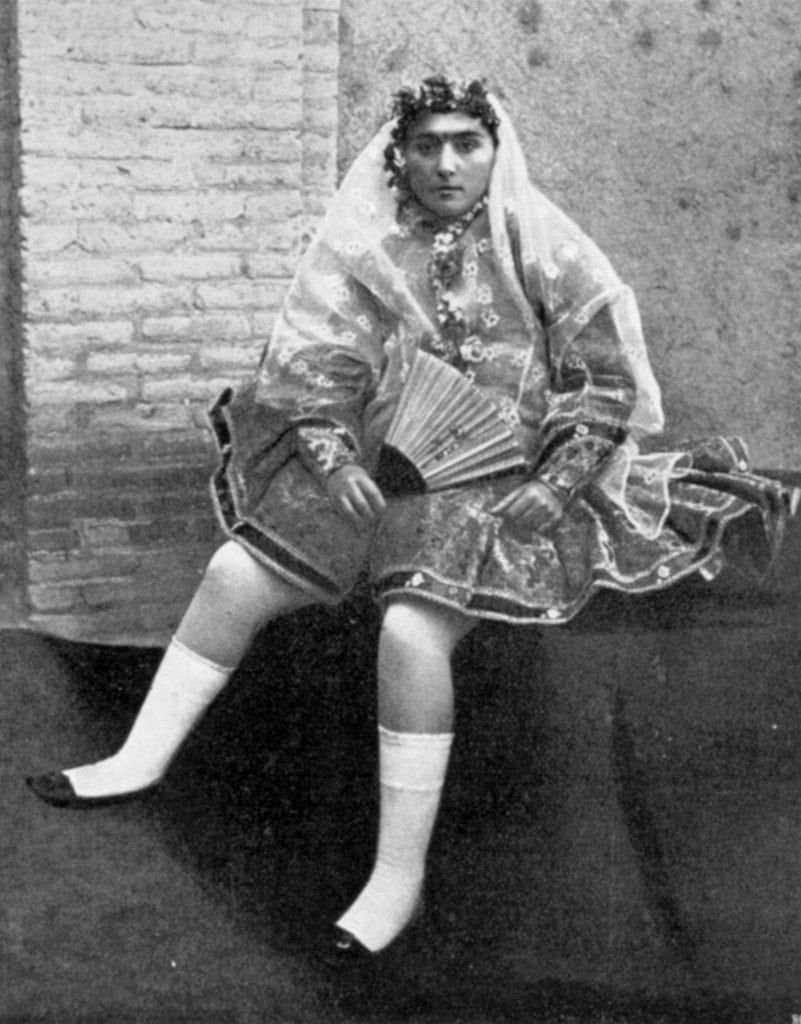
The untold truth of a beauty symbol of Persia Princess Qajar
The primary figure in this history is Princess Fatemeh Khanum "'Esmat al-Dowleh" (1855/6-1905), a daughter of Nasir al-Din Shah Qajar (1831-1896), King of Persia from 1848-1896, and.

The untold truth of a beauty symbol of Persia Princess Qajar
Princess Qajar, also known as Zahra Khanom Tadj es-Saltaneh, was born in 1883 and lived during a time of significant political and social changes in Persia. She gained fame for her striking appearance, particularly her facial hair, which made her a subject of fascination and curiosity.
.jpg)
A PORTRAIT OF A LADY , QAJAR IRAN, LATE 19TH CENTURY Christie's
The primary figure in the news is Princess Fatemeh Khanum or better known as ' Esmat al-Dowleh ,' who was the daughter of Nasir al-Din Shah Qajar -the King of Persia, from 1848-1896. Esmat was the daughter of king Nasir with one of his wives Taj al-Dowleh.